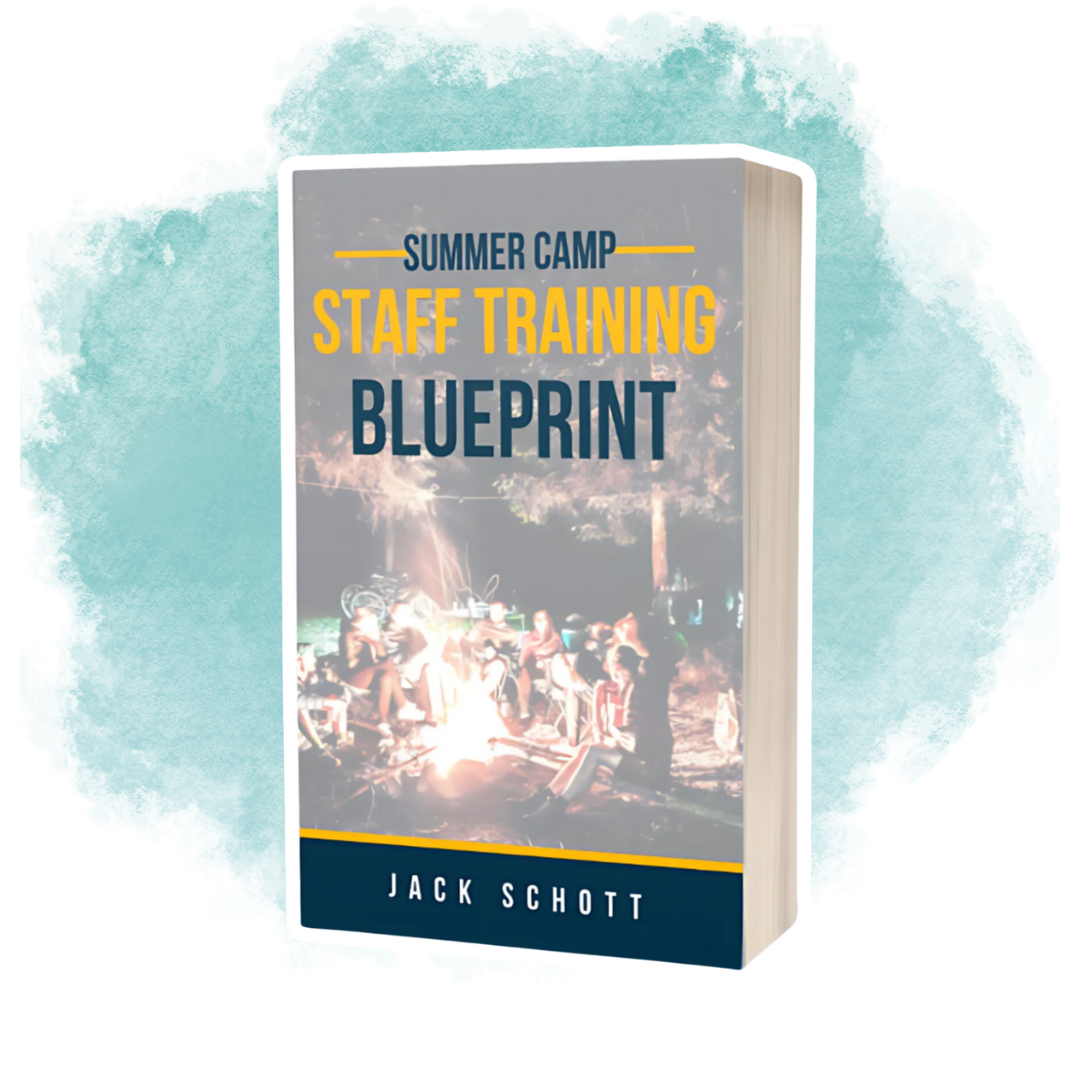A Flawed Justice System
Every camp has a way they approach challenging behavior. Of course we do! With the youth that we serve, who come from all different backgrounds and all have different behavioral needs, it is our responsibility to teach our campers to behave appropriately within the guidelines that we set forth as a community.
However, often our community values and our “behavior management systems” don’t align. Many of these systems rely on a “perpetrator”-centered plan that punishes those who behave “poorly” while not giving space or intention for the harmed person/people to heal. The only satisfaction a victim of poor behavior may gain is related to the person who hurt them being punished. This, however, just perpetuates a system where we feel like justice is served when another person is deprived of something positive, or required to experience something negative. Additionally, punishment of the wrong-doer may put the victim at the risk of additional harm from social peers who are upset by the punishment of the perpetrator- and can even lead to victims not wanting to report harmful behavior out of fear of repercussions from the disclosure.
Learning with others
I learned all this and more from the Restorative Justice Training series that was put on by The Summer Camp Society. Our instructors Laura Kriegel and Allison Klee created an informative yet collaborative environment for participants to learn in community with others. There was not a week that I went to the course that I didn’t wish there was more time for discussion. There were so many take-aways. However, I wanted to highlight some of the things that were the most impactful to me.
There is no restorative justice without racial justice.
Our implicit (and sometimes explicit) biases shape the way we view the world. For example, we know that Black and brown people are disproportionately incarcerated in the United States. It would be foolish to think that the systems that create this disparity are not also systems that are present in our camps- whether we like it or not. Although it may not be every white person at camp’s fault that we live within an unjust system- it is our responsibility to actively work to dismantle white supremacy- in all of its forms, big AND small. A penal behavior system that disproportionately affects the BIPOC community doesn’t mitigate future harm by considering the development needs of the wrong-doer, or the healing needed for the harmed. Additionally, it is hard to determine what is “right” and what is “wrong” when white people are largely responsible for making the rules without the presence of Black voices.
Restorative justice takes into consideration the humanity of both involved parties.
When we learn to address conflict by giving both parties a voice to express to their feelings, we can grow in community. The person responsible for the harm can talk through how they experienced the conflict, while the harmed person can feel empowered to share the emotional impact of the harm that occurred. Both sides are given a humanity that is absent in a penal system. Both parties can learn from the other, and can develop empathy, and care for their fellow participants.
Restorative justice gives a voice to those who are disproportionately silenced.
What is Restorative Justice?
In a circle all voices are valued, and are given equal weight. Circles are a key element in Restorative Justice that allows all parties to be heard regarding their experiences in conflict, or in other community activities. A circle is fertile ground for the growth of empathy. This empathy may humanize each of its members in ways that creates a strong community grounded in kindness and mutual respect. Each child walks into camp carrying the weight of social power structures- whether we acknowledge it or not. We are all products of a society that privileges and oppresses. Restorative Justice takes this into account, and works to undermine power disparities by intentionally giving space to all those who seek community- regardless of their race, class, sex, gender, religion, sexuality, abilities or gender identity.
I cannot thank Laura and Klee enough for walking with us on the path to understand, and embrace restorative practices.
I know it has already had a positive impact on my life, and in conflicts I am facing, and I believe that it can make an immediate impact in creating a positive community at your camp!
JOIN KLEE AND LAURA’S
RESTORATIVE JUSTICE AT CAMP TRAINING
Chris T. Rehs-Dupin
(he/him/his)
Co-Founder of Transplaining, LLC

Ready to Elevate Your Summer Camp Staff Training?
Empower your camp staff with the tools they need for success.
Visit our dedicated training site for expert resources, training modules, and more.



